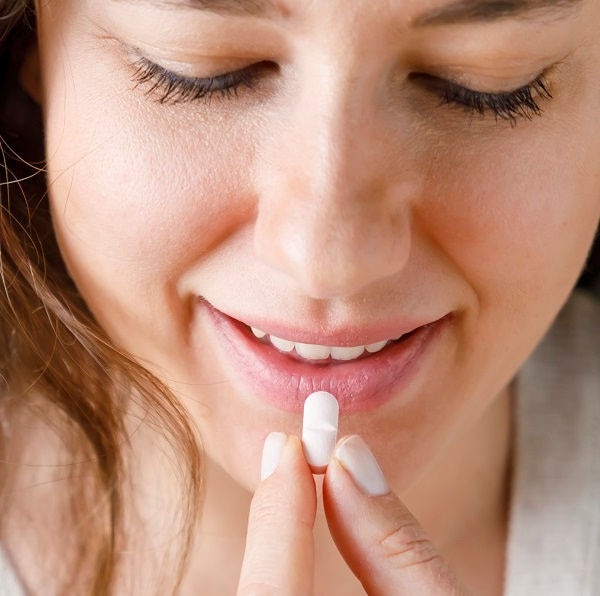
Introducing dsm-firmenich’s new portfolio of taste solutions for pharmaceutical formulations
Discover our novel portfolio offering for the pharmaceutical market, which aims to address a growing need for full-service flavor solutions and taste modulation strategies.

